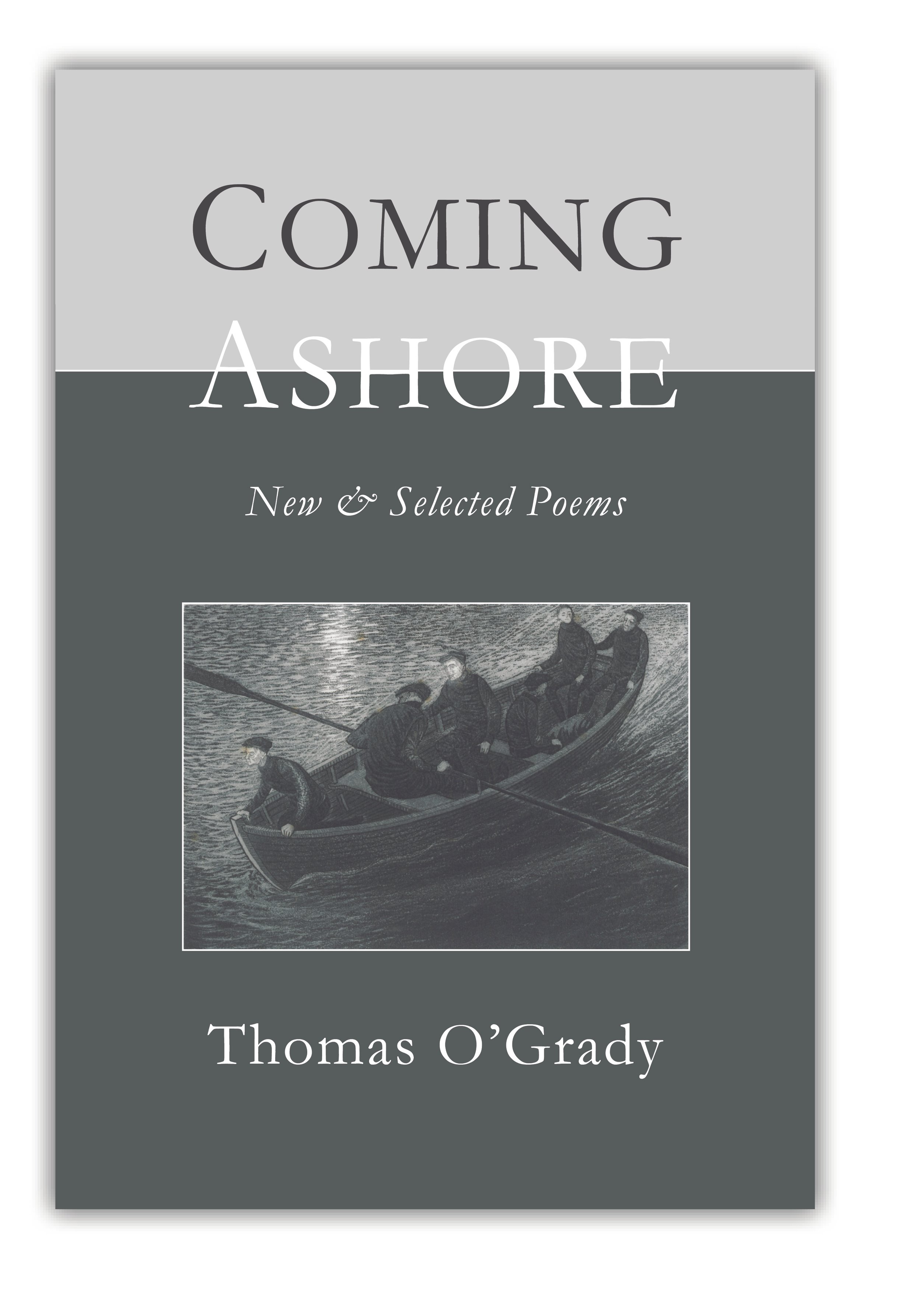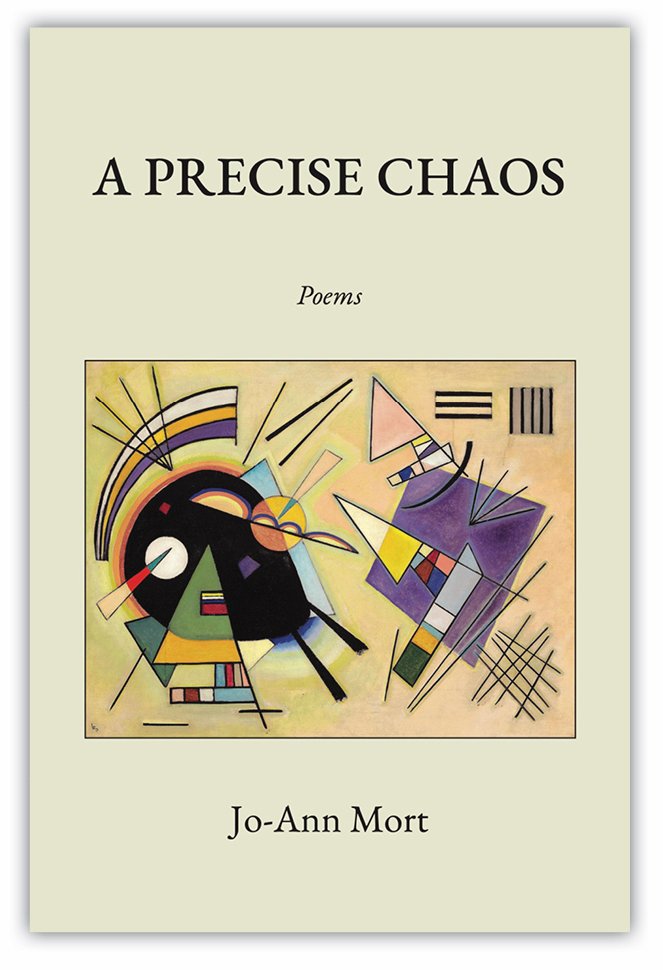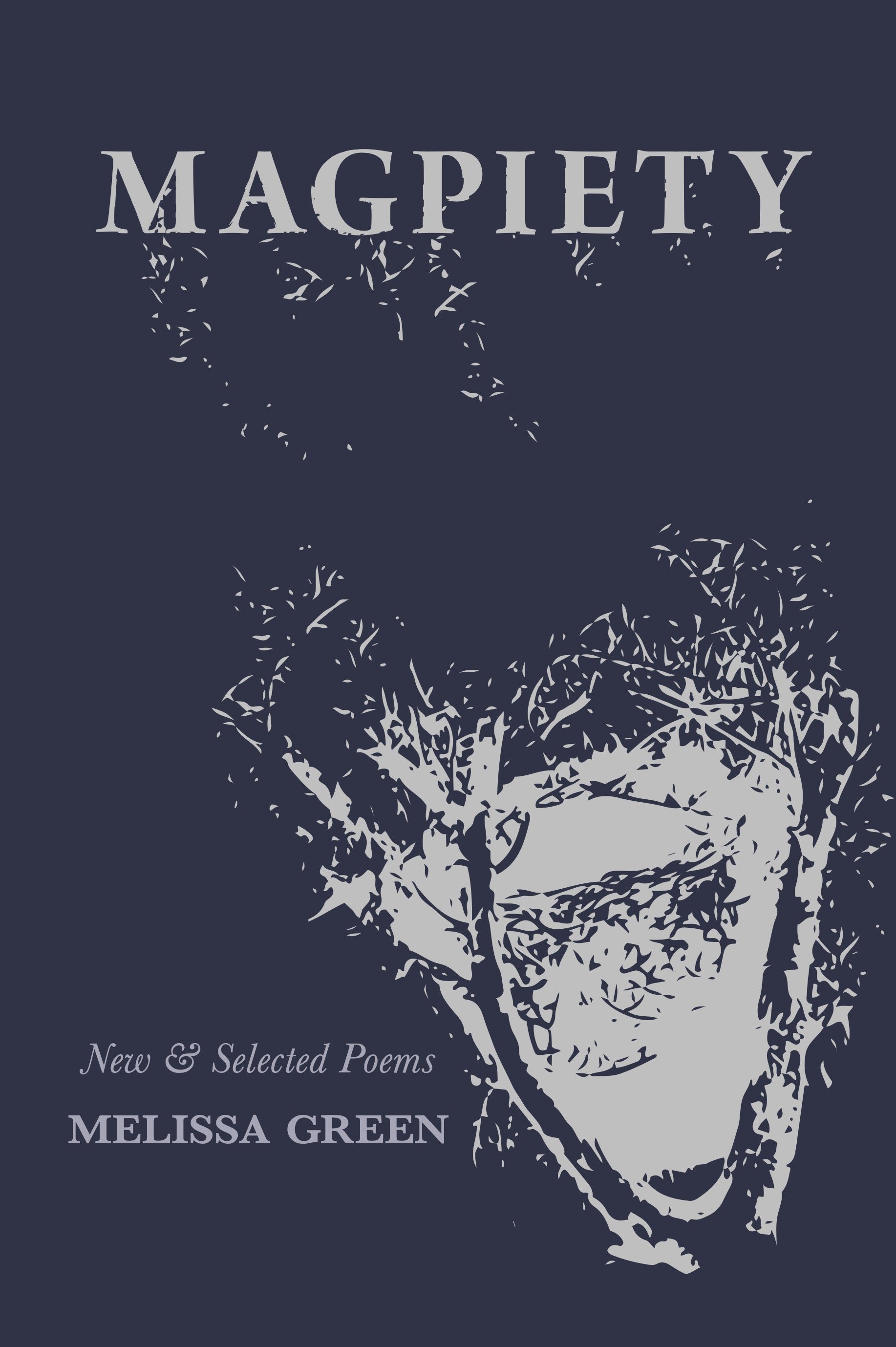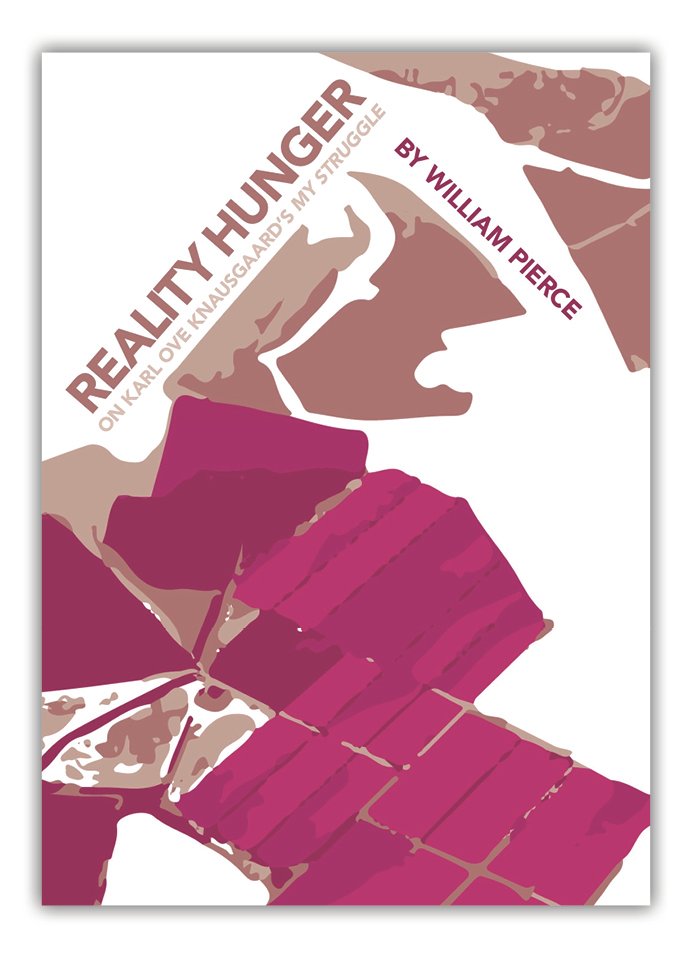Away Away by Mark Pawlak
In his triumphant new poetry collection, Away Away, Mark Pawlak casts his precise and contemplative eye over the countryside of the American Northeast. A prolific and widely anthologized poet, Pawlak shifts in these poems from playful and witty to somber and sparse, all with an unerring attention to the details of natural beauty and the hum of everyday life. Across myriad landscapes and literary forms, Pawlak draws on the minimalist discipline and philosophies of classical Japanese poetry, and transforms modes of everyday writing, from government lockdown notices to checklists. In the Japanese tradition, he writes: “Outside, rainwater / rills down panes; / inside: / window sill, / housefly / dressed in spider-silk.” On flowers, in a poem inspired by botanical field guides, his language turns playful: “Yarrow be true to yourself; / don’t put on airs like Queen Ann’s Lace.” Never forcing its hand, each poem guides you to slow down and take in each detail. This insightful collection, rich with allusion, brings us to a deeper understanding of our place in the world and our relationship to nature. Pawlak quotes Brassi: “If reality fails to fill us with wonder, it is because we have fallen into the habit of seeing it as ordinary.” In Away Away, Pawlak never falls into the trap of the ordinary, moving us instead continuously towards wonder.
In his triumphant new poetry collection, Away Away, Mark Pawlak casts his precise and contemplative eye over the countryside of the American Northeast. A prolific and widely anthologized poet, Pawlak shifts in these poems from playful and witty to somber and sparse, all with an unerring attention to the details of natural beauty and the hum of everyday life. Across myriad landscapes and literary forms, Pawlak draws on the minimalist discipline and philosophies of classical Japanese poetry, and transforms modes of everyday writing, from government lockdown notices to checklists. In the Japanese tradition, he writes: “Outside, rainwater / rills down panes; / inside: / window sill, / housefly / dressed in spider-silk.” On flowers, in a poem inspired by botanical field guides, his language turns playful: “Yarrow be true to yourself; / don’t put on airs like Queen Ann’s Lace.” Never forcing its hand, each poem guides you to slow down and take in each detail. This insightful collection, rich with allusion, brings us to a deeper understanding of our place in the world and our relationship to nature. Pawlak quotes Brassi: “If reality fails to fill us with wonder, it is because we have fallen into the habit of seeing it as ordinary.” In Away Away, Pawlak never falls into the trap of the ordinary, moving us instead continuously towards wonder.
In his triumphant new poetry collection, Away Away, Mark Pawlak casts his precise and contemplative eye over the countryside of the American Northeast. A prolific and widely anthologized poet, Pawlak shifts in these poems from playful and witty to somber and sparse, all with an unerring attention to the details of natural beauty and the hum of everyday life. Across myriad landscapes and literary forms, Pawlak draws on the minimalist discipline and philosophies of classical Japanese poetry, and transforms modes of everyday writing, from government lockdown notices to checklists. In the Japanese tradition, he writes: “Outside, rainwater / rills down panes; / inside: / window sill, / housefly / dressed in spider-silk.” On flowers, in a poem inspired by botanical field guides, his language turns playful: “Yarrow be true to yourself; / don’t put on airs like Queen Ann’s Lace.” Never forcing its hand, each poem guides you to slow down and take in each detail. This insightful collection, rich with allusion, brings us to a deeper understanding of our place in the world and our relationship to nature. Pawlak quotes Brassi: “If reality fails to fill us with wonder, it is because we have fallen into the habit of seeing it as ordinary.” In Away Away, Pawlak never falls into the trap of the ordinary, moving us instead continuously towards wonder.






